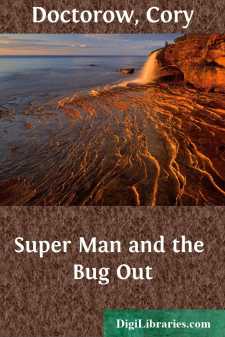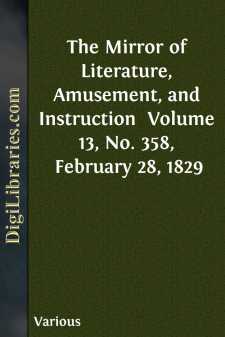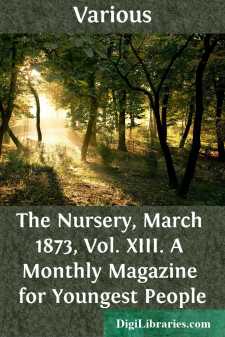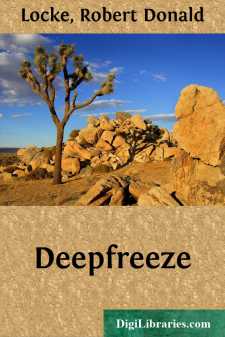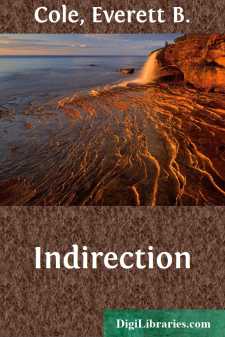Categories
- Antiques & Collectibles 13
- Architecture 36
- Art 48
- Bibles 22
- Biography & Autobiography 813
- Body, Mind & Spirit 142
- Business & Economics 28
- Children's Books 17
- Children's Fiction 14
- Computers 4
- Cooking 94
- Crafts & Hobbies 4
- Drama 346
- Education 46
- Family & Relationships 57
- Fiction 11829
- Games 19
- Gardening 17
- Health & Fitness 34
- History 1377
- House & Home 1
- Humor 147
- Juvenile Fiction 1873
- Juvenile Nonfiction 202
- Language Arts & Disciplines 88
- Law 16
- Literary Collections 686
- Literary Criticism 179
- Mathematics 13
- Medical 41
- Music 40
- Nature 179
- Non-Classifiable 1768
- Performing Arts 7
- Periodicals 1453
- Philosophy 64
- Photography 2
- Poetry 896
- Political Science 203
- Psychology 42
- Reference 154
- Religion 513
- Science 126
- Self-Help 84
- Social Science 81
- Sports & Recreation 34
- Study Aids 3
- Technology & Engineering 59
- Transportation 23
- Travel 463
- True Crime 29
Sort by:
by:
Cory Doctorow
A note about this story This story is from my collection, "A Place So Foreign and Eight More," published by Four Walls Eight Windows Press in September, 2003, ISBN 1568582862. I've released this story, along with five others, under the terms of a Creative Commons license that gives you, the reader, a bunch of rights that copyright normally reserves for me, the creator. I recently did the...
more...
by:
Nora Perry
CHAPTER I. t was Saturday afternoon, and Eva Nelson and Alice King were sitting in their little study parlor at the Hill House Seminary poring over their lesson chapter for the next day. It was the tenth chapter of St. Luke, with the story of the good Samaritan. At last Eva flung herself back and exclaimed, "We can't be good as they were in those Bible days, no matter what anybody says; things...
more...
by:
Various
YORK TERRACE, REGENT'S PARK. If the reader is anxious to illustrate any political position with the "signs of the times," he has only to start from Waterloo-place, (thus commencing with a glorious reminiscence,) through Regent-street and Portland-place, and make the architectural tour of the Regent's Park. Entering the park from the New Road by York Gate, one of the first objects for...
more...
by:
Various
A TRUE STORY. HEN I was in Boston about a year ago, I stopped one day at the corner of Washington Street and Franklin Street to witness a pretty sight.Here, just as you turn into Franklin Street, on the right, a poor peddler used to stand with a few baskets of oranges or apples or peanuts, which he offered for sale to the passers-by. The street-pigeons had found in him a good friend; for he used to...
more...
dwin Dollard's nervous stubby fingers spilled three precious drops of his fifth Scotch highball, as he veered his head away from the horrors on the telescreen. He was in time to observe Garth enter by the paneled tunnel door. "Two more hours—and the ship will be ready," Garth announced. "The men still know nothing." His thin lips cracked into a forced smile. "I slipped them...
more...
by:
Various
The Night Before Christmas. 'Twas the night before Christmas, and all through the house, Not a creature was stirring, not even a mouse. The stockings were hung by the chimney with care, In the hope that St. Nicholas soon would be there. The children were nestled all snug in their beds, While visions of sugar-plums danced in their heads. And mamma in her kerchief, and I in my cap, Had just settled...
more...
1. GERMANS AT MEAT. Bread soup was placed upon the table. "Ah," said the Herr Rat, leaning upon the table as he peered into the tureen, "that is what I need. My 'magen' has not been in order for several days. Bread soup, and just the right consistency. I am a good cook myself"—he turned to me. "How interesting," I said, attempting to infuse just the right amount of...
more...
by:
J. S. Adams
THE BELLS. In the steeple of an old church was a beautiful chime of bells, which for many years had rung out joyous peals at the touch of the sexton's hand upon the rope. "I'll make the air full of music to-morrow," said the white-haired man, as he lay down to his slumbers. "To-morrow is Christmas, and the people shall be glad and gay. Ah, yes! right merry will be the chimes I...
more...
by:
Everett B. Cole
Elwar Forell leaned back in his chair, looking about the small dining salon. The usual couples were there, he noticed. Of course, the faces were different from those of last evening, but the poses were similar. And the people were there for the same reasons. They were enjoying the food and drinks, just as many others had enjoyed them before. But like all those others, their greater enjoyment was in the...
more...
by:
Jules Claretie
Arsene Arnaud Claretie (commonly called Jules), was born on December 3, 1840, at Limoges, the picturesque and smiling capital of Limousin. He has been rightly called the "Roi de la Chronique" and the "Themistocle de la Litterature Contemporaine." In fact, he has written, since early youth, romances, drama, history, novels, tales, chronicles, dramatic criticism, literary criticism,...
more...


